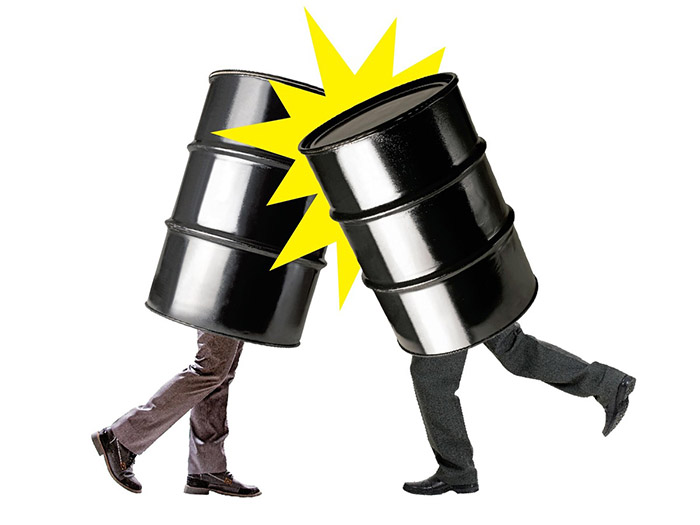Maduro’s plans won’t pan out unless Saudi Arabia stops flooding the market. There’s no sign it’ll retreat from that strategy, which is helping it preserve and even gain market share. “OPEC is of no use today,” says former Algerian Prime Minister Ahmed Benbitour. “The war now is about market share, not price, and Algeria is getting no benefit from this organization.” OPEC declined to comment for this story.
Venezuela’s and Algeria’s complaints raise the question of why some members stay in OPEC if the Saudis call the shots and ignore pleas for higher prices. Neither Venezuela nor Algeria has made moves to quit. Not only is the group intact, but former member Indonesia is returning, boosting membership to 13 nations.
Disgruntled members “don’t leave because they still believe there could be something in the future where the group does make a decision” to boost prices and cut production, says Jamie Webster, an oil analyst at researcher IHS. “It’s much easier to just keep OPEC alive than to shut it down, and with it a key communication channel” among governments whose financial health depends largely on oil income.
Of the 1.7 trillion barrels that remain to be extracted worldwide, 1.2 trillion, or 70 percent, are controlled by OPEC’s current members. Venezuela and Saudi Arabia hold 18 percent and 16 percent, respectively, and Iran and Iraq 9 percent each, according to oil major BP. These four nations, with Kuwait, are OPEC’s founding members.
More about:















































